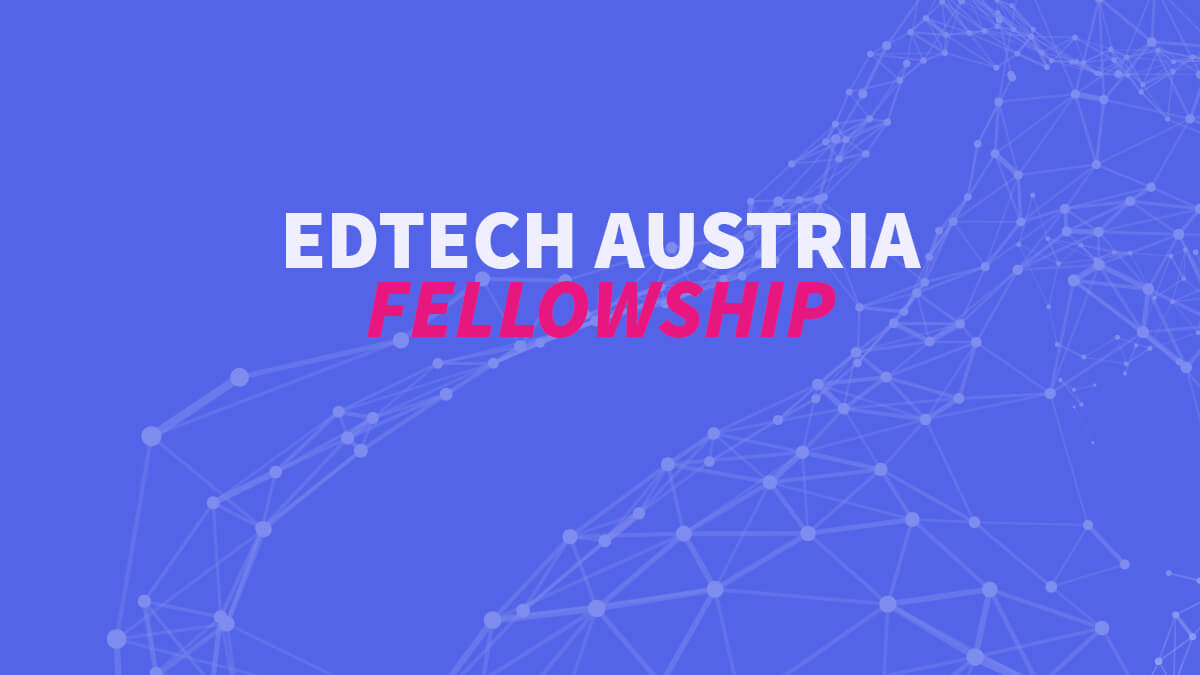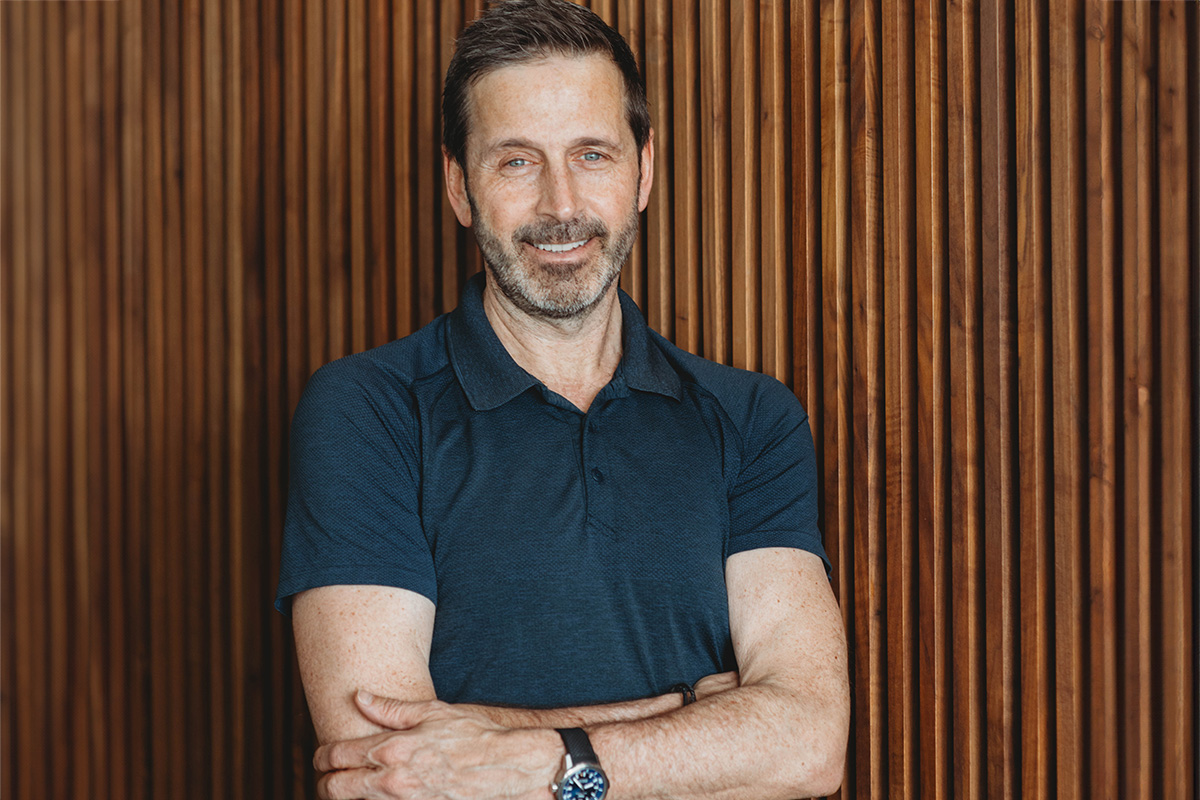Lifelong Learning in Transition: Opportunities and Challenges of AI
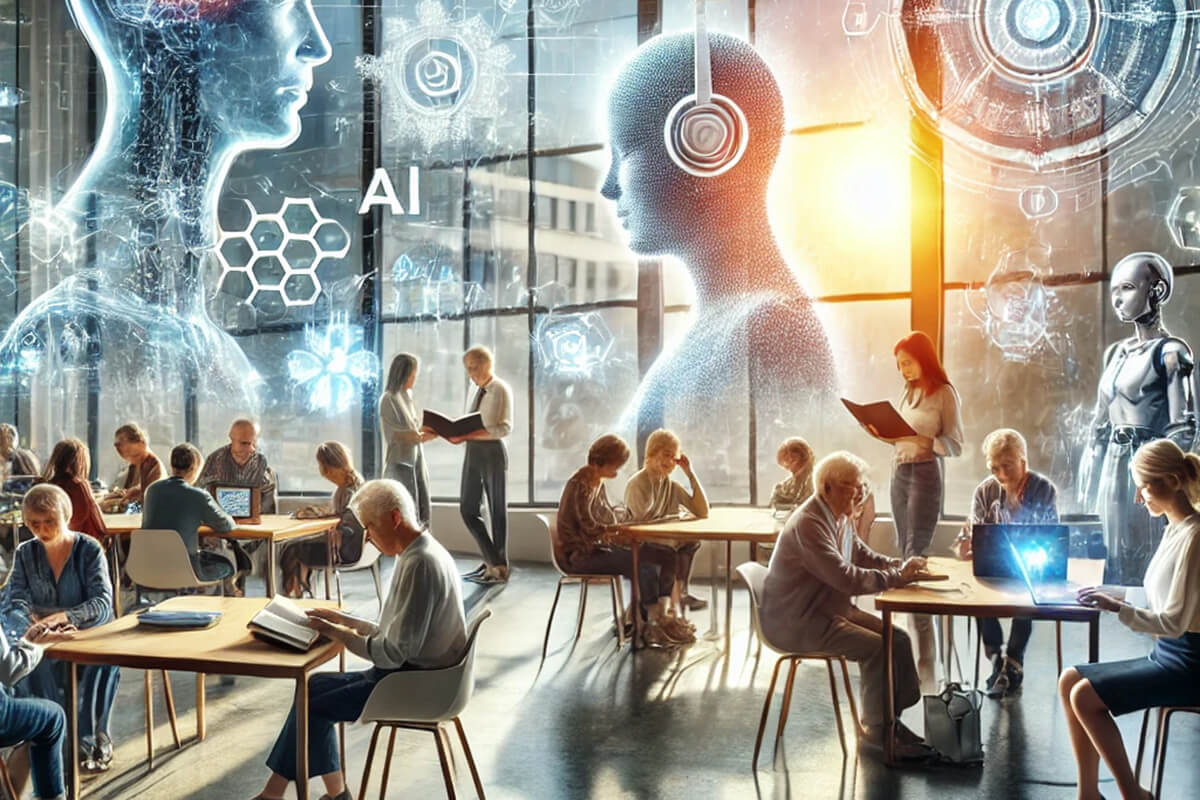
Innovations are disruptive and break apart existing systems – whether we are ready for them or not. According to experts Barbara Geyer and Roman Eckschlager, not only our working world but also lifelong learning will be sustainably transformed by AI.
Two experts, one major agreement: Innovations drive change – and challenge us to deal with it. Artificial intelligence (AI) will also stir things up significantly in the field of lifelong learning and in our learning and working worlds. How can we best prepare for this? We have the answers from AI Professor Barbara Geyer and AI Consultant Roman Eckschlager.
What are the biggest opportunities and challenges that AI can offer for lifelong learning?
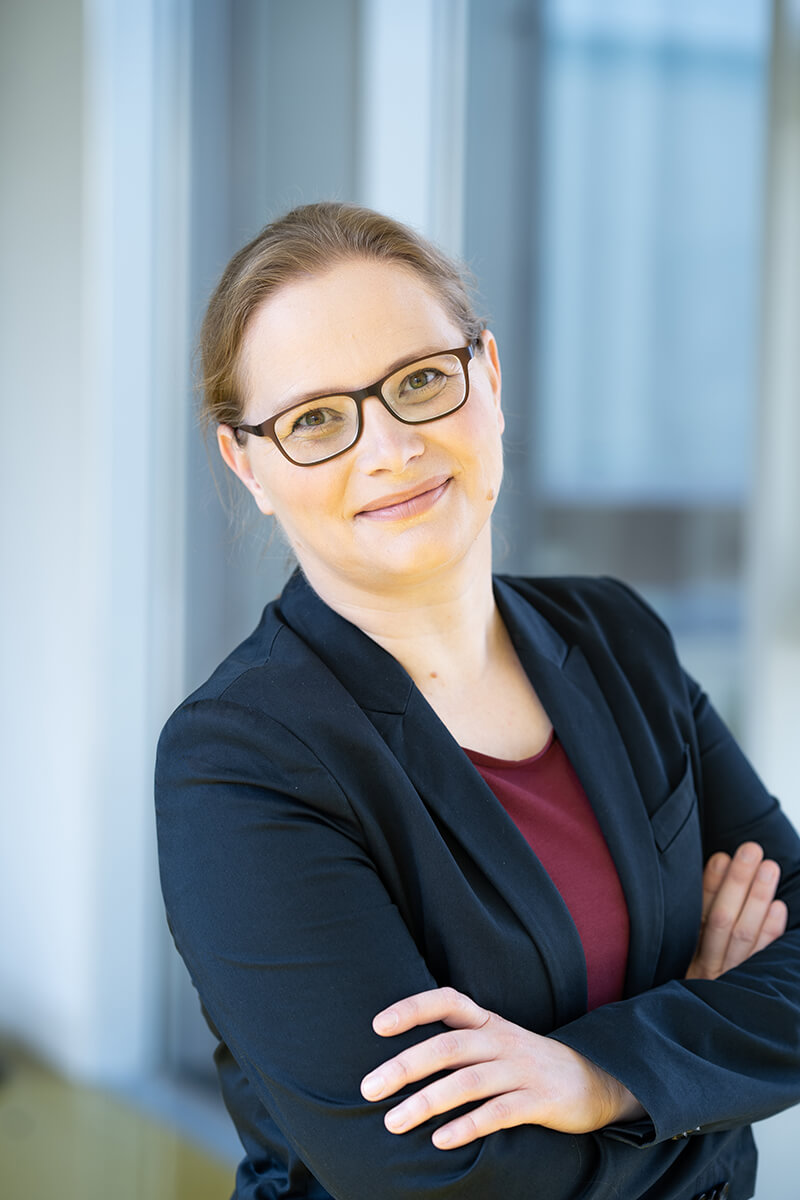
Barbara: The biggest opportunity is making further education easier—for everyone and in all life situations. For example, I built a personalized chatbot with my father, who spends a lot of time on philosophy now that he’s retired. With the “Kantian Tutor,” he has conversations in the spirit of Kant. There is enormous potential for lifelong learning here.
Roman: The time has come when we need to constantly upskill, reskill, and adapt in general. It will be essential to continually redefine and reposition ourselves. The biggest challenge for me is automation bias. This means relying on AI-generated content without questioning or verifying the sources.
How does AI change the skills learners will need in the future?
Roman: I’d like to quote Martina Gaisch (note: Professor at Hagenberg University of Applied Sciences with a focus on digital transformation). She put it very well: communication, creativity, critical thinking, and collaboration. These are the future skills everyone will need. Communication, in particular, is crucial—you need to communicate effectively with AI to achieve the best results.
Barbara: Basic knowledge will still be necessary. It’s like when calculators were introduced: math teachers had to define when students could use the new tool and when they couldn’t. Eventually, it was agreed that children still needed to learn basic arithmetic to manage in everyday life. I believe that in a world with AI, we’ll need to define such fundamental knowledge for every subject.
How do we prepare society to cope with AI-driven changes in education and work?
Barbara: To truly prepare society for an AI-driven world, everyone needs fundamental digital skills. This is especially lacking among educators. They need to adapt to being coaches rather than all-knowing lecturers. AI is increasing the pressure in this direction. These changes haven’t been implemented yet because change is uncomfortable for many.
Roman: For me, it’s also important how AI is presented. In Japan, for instance, robots working in caregiving are promoted with very positive imagery. In contrast, the visual language used here is often negatively biased. We shouldn’t deceive anyone—AI is here, and it’s here to stay. Innovations are always painful because they’re disruptive and bring significant change. We need to prepare for that. Working with AI will be about creating, discovering, and combining things in new ways.
What role will human skills like creativity, critical thinking, and empathy play in an AI-driven education landscape?
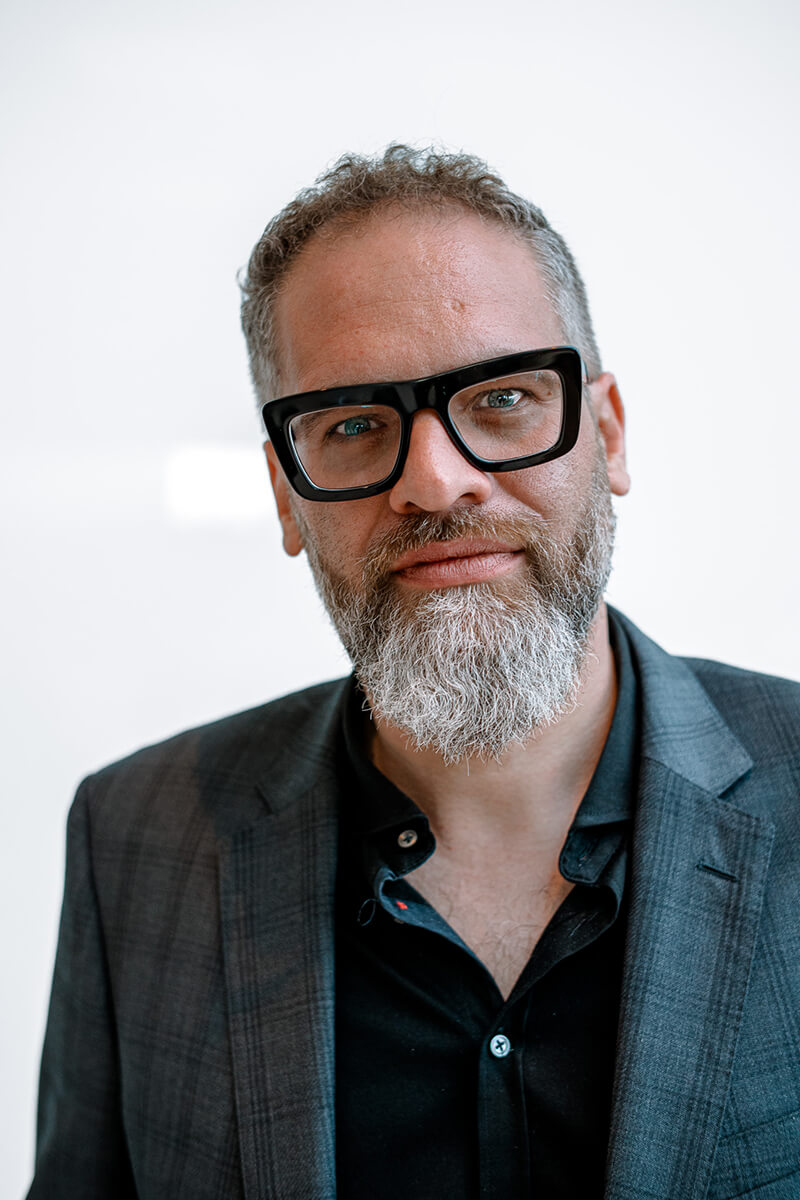
Roman: The more technology advances, the more important it becomes to be human. That’s our USP, our unique selling point—we are human. And that’s the beauty of it. We can learn so much, including how to be more empathetic.
Barbara: From my perspective, all of this becomes even more important. The intellectual competencies we used to measure—like IQ—are now easier for AI to replicate. A playful approach is essential—testing, experimenting, and being curious.
What are the worst- and best-case scenarios when it comes to combining AI with lifelong learning?
Roman: The worst case is automation bias—letting AI operate unchecked and uncritically. The best case is when AI helps make complex topics easier to understand. I believe that in our increasingly complex and challenging world, simplicity and clarity are more important than ever.
Barbara: It’s fantastic when learning pathways become interactive, personalized, and more accessible. For example, videos can be automatically subtitled, or those who struggle with reading can have texts read aloud. AI can adapt learning environments to educational and language levels and even generate suitable images and videos. Interactive learning worlds are already offering so much!
The worst-case scenario is the risk of AI causing significant job losses if it’s viewed solely through the lens of efficiency.
What tips do you have for using AI tools?
Roman: You can get much more out of widely used AI tools than most people realize. For instance, when I have ChatGPT generate a report, I add “devil’s advocate” at the end. This prompts it to highlight potential objections or counterarguments, which is very useful for developing arguments and a critical perspective.
Barbara: I recommend Notebook LM. You can chat directly with uploaded documents—like PDFs or videos. For example, I photographed my daughter’s worksheets and handwritten notes, converted them into PDFs, and uploaded them to Notebook LM. I then generated a podcast, instructing it to assume the learner is a 12-year-old girl who isn’t particularly interested in biology but needs to be motivated to study for a test. The result was an age-appropriate and engaging podcast.
This demonstrates the direction learning is heading. If I can upload content and have questions generated from it, I’ll soon be able to integrate that into a learning environment and eventually generate videos as well. Learners can customize everything to their needs. This massively changes how we create learning materials—and how we learn.
Thank you for the interview!
Share article
Available categories
Interview partners:
Barbara Geyer
Head of the Master’s programme in E-Learning and Knowledge Management and the Instructional Design department at the Burgenland University of Applied Sciences.
Roman Eckschlager
As an AI strategy consultant, he advises and supports companies in the implementation of AI tools and applications.
Eve hat sich nach der Kommunikationsarbeit in der Salzburger Innovationsszene als Texterin in Wien selbstständig gemacht. Der Funke ist über die Distanz aber nicht erloschen: Nach wie vor schreibt sie am liebsten über innovative Unternehmer:innen und ihre spannenden Ideen. Dafür geht ihr im EdTech Bereich sicherlich nicht so schnell der Stoff aus.
More articles
The following articles might also interest you.
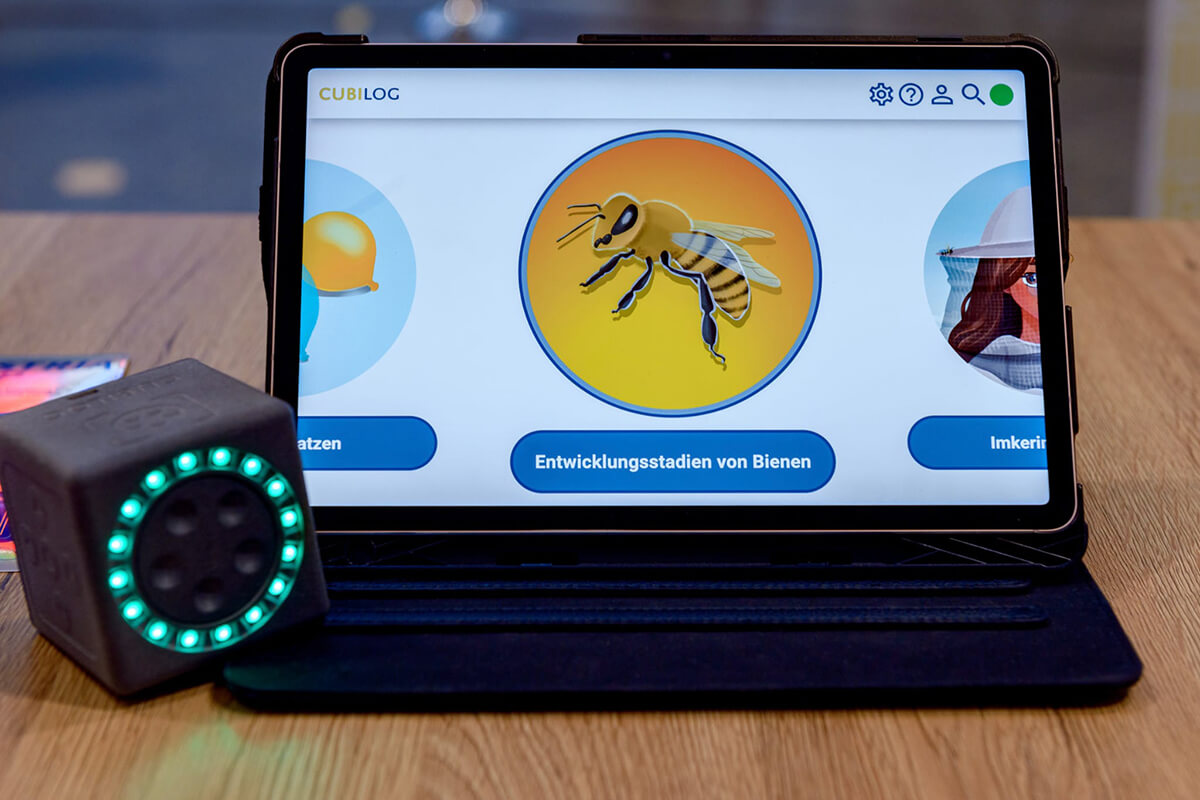
Motor and digital: Cubilog reimagines language development
16. December 2024
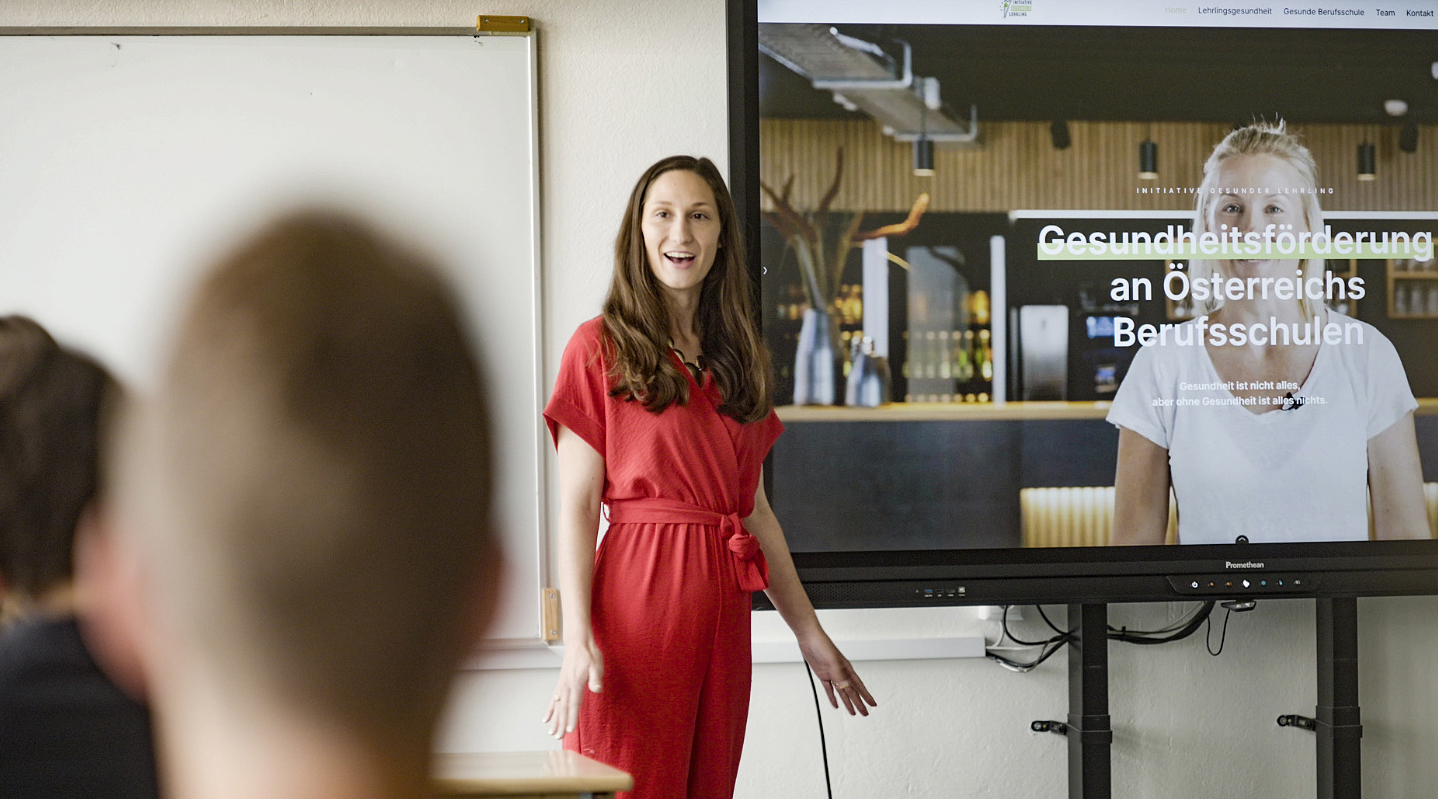
“Healthy Apprentice”: Health Literacy for Vocational Schools
28. November 2024
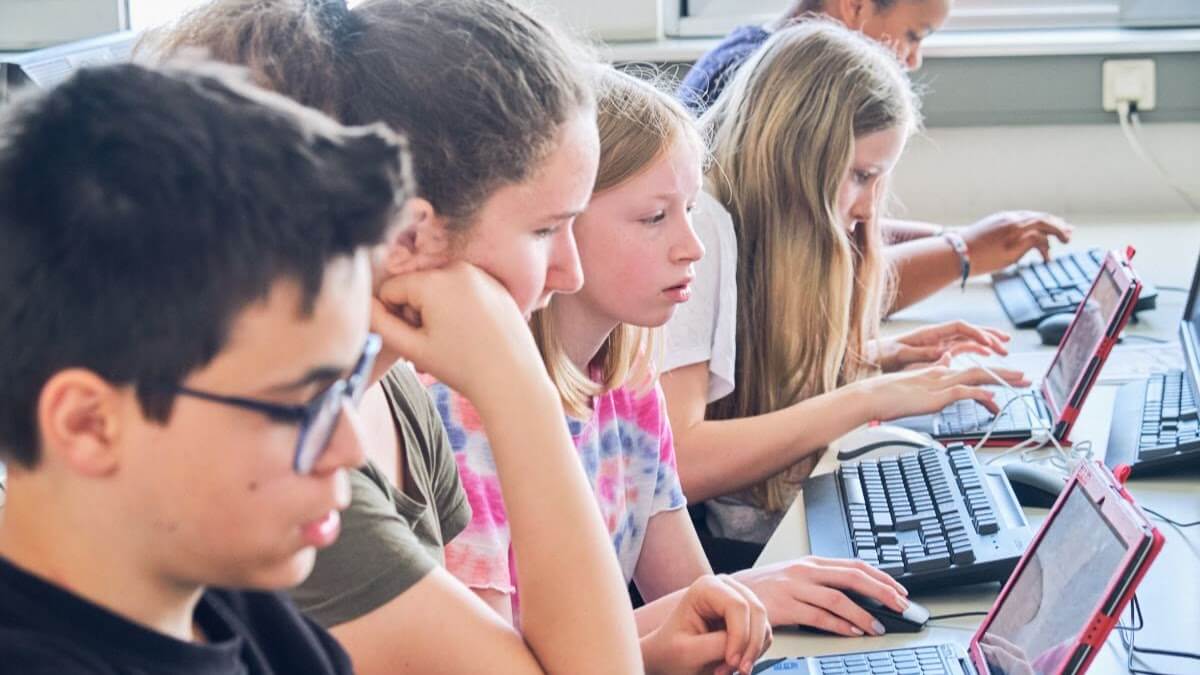
Tailor-made for the creators of tomorrow: The TalentsLounge
4. October 2024

